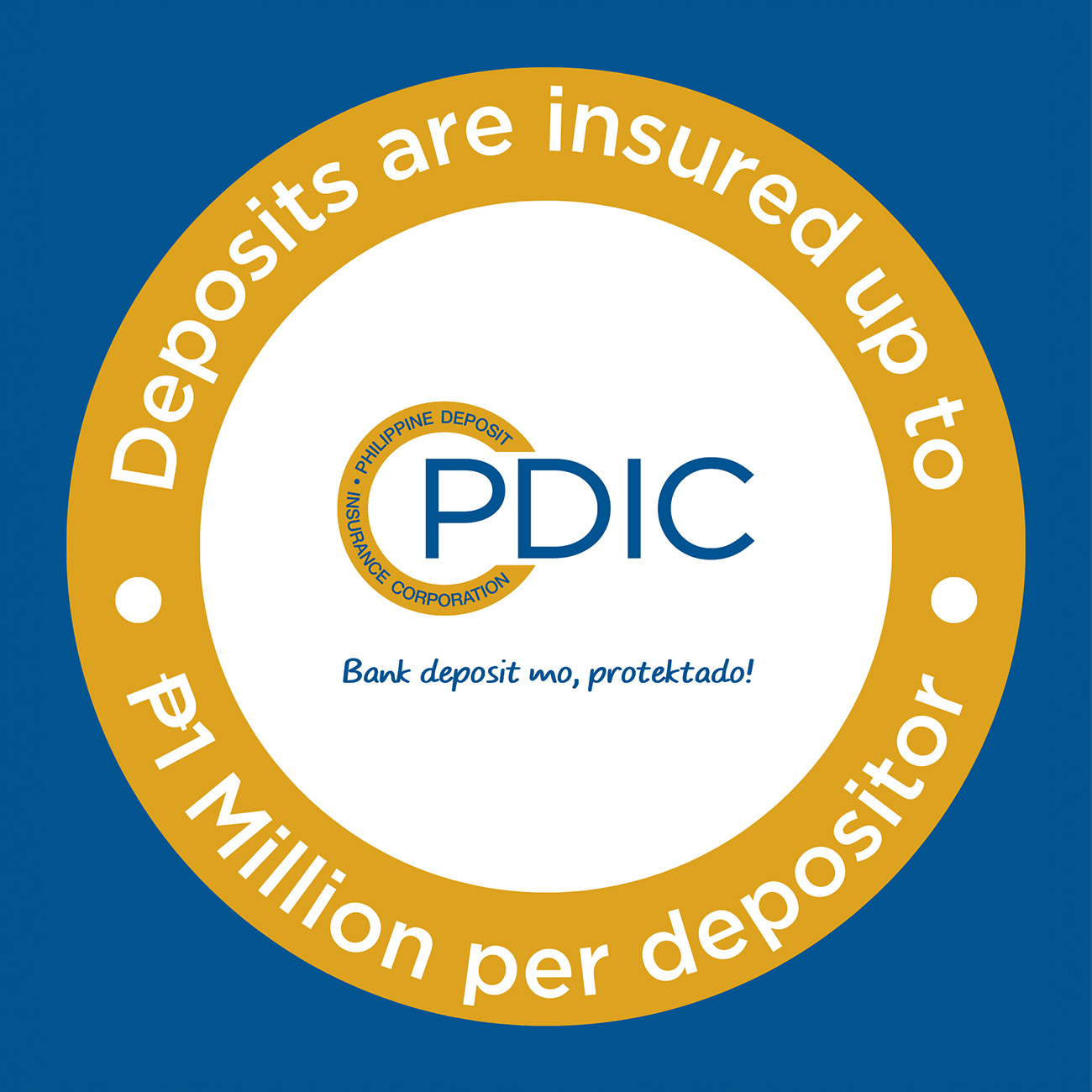There are several diet choices for healthy living or weight loss, but there is one diet that everyone needs to pursue -- the “low-carb” diet or the low carbon diet.
Companies and governments need to go on this low carbon diet, too. Consider the consequences if we do not go on this diet: more frequent and more catastrophic typhoons, rapidly diminishing forests, increasing acidification of our seas, and the destruction of fragile ecosystems that provide us food -- all because of modern human activity.
Bill Gates, in his new book “How to Avoid a Climate Disaster: The Solutions We Have and the Breakthroughs We Need”, said the world releases 51 billion tons of greenhouse gases into the atmosphere every year. He argues that we need to get that to zero because these gases can stay in the atmosphere for a long time. For example, about one-fifth of the carbon dioxide released today will still be lingering in the atmosphere after 10,000 years.
We will not be around in 10,000 years, but our descendants will. And unlike the pandemic that we are experiencing now, climate change is a slow-moving crisis. The problem with a slow-moving crisis is that it becomes harder to deal with because the momentum has been building up for many years.
At BPI, we are creating a counter-momentum, which, like other environmentally conscious people, businesses, and organizations, we hope will make a difference for all of us living on this “pale blue dot” in our solar system.
BPI’s sustainability formula
Let me share with you our formula: ESG + E2.
Many companies, especially those in the US and Europe, have adopted ESG principles as part of their business models. It simply refers to Environment, Social, and Governance principles that should guide how companies operate.
Environment refers to the climate impact and greenhouse gas emissions, energy efficiency, air and water pollution, use of natural resources, among others. Social covers human rights, local community impact, employment, and other things that affect the social aspects of our existence. Governance refers to rules, practices, and processes that ensure oversight in managing a company well.
In BPI, we added another E for “economic growth”. We believe that economic growth for our customers, our own business, and our country is a critical component of sustainability. Our sustainability initiatives need to yield benefits, such as financial gain, savings, as well as resilience to natural disasters. It is the only way for us to be truly sustainable.
What does this mean for us?
It means ESG + E2 criteria must be in all our key result areas (KRAs) and goals following the principle that “what gets measured gets done”.
What does responsible banking on a “low-carb” mean for our clients? It means making people’s lives better, more convenient, and more prosperous in the long term.
Zero coal
We have already set some goals as we go on a low carbon diet. By 2026, we commit to reduce by half the financing of coal-fired power generation plants in our loan portfolio. By 2032, we are cutting that to zero. We are cutting our greenhouse gas emissions by phasing out our exposure to coal, thereby minimizing our carbon footprint.
Brighter future for all
Our sustainability vision is simple: BPI is an inclusive, innovative, and trusted leader in responsible banking.
Responsible banking simply means we incorporate our ESG + E2 formula into our business model. We will continue to allocate our resources to promote financial inclusion, preservation of the environment, and social good.
What does responsible banking on a “low-carb" diet mean for our clients?
It means making people’s lives better, more convenient, and more prosperous in the long term, with less of the ruinous effects of climate change for which we are all responsible. It also means a better environment for banks and business in general.
In the coming months, we will share more about our sustainability agenda with you. For now, we ask you to join us in getting more people and organizations to adopt a more sustainable and healthier “low-carb” diet.




